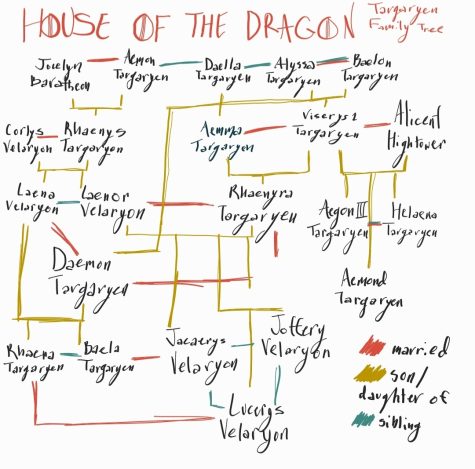When it comes to movie directors, the summer movie season of 2015 has led to interesting discussions
about the dark side of Hollywood directing: rejection. This is especially true in Marvel’s latest outings, “Ant-Man” and the “Fantastic Four” reboot. Both films faced director-based troubles as director Edgar Wright left “Ant-Man” during the writing process, and director Josh Trank had issues with“Fant4stic,” a movie that was falling apart from the inside due to constant reshoots and rewrites. What sets these two
superhero movies apart is that while Ant-Man became both a critical and commercial success, “Fant4stic” was the exact opposite, becoming a box-office bomb and one of the worst-reviewed movies of the summer. So what can Hollywood learn from this? Hollywood can discover the answer to a question it has been trying to figure out for decades: the balance between creating a critical hit and making a profit.
Hollywood can learn from “Ant-Man” how to hide creative difficulties. Edgar Wright had a specific vision for the superhero movie involving a pint-sized hero, but Marvel disapproved and Wright exited the project. The general public never had a chance to think about the change in director because it was so early into its development. Marvel had the resources to make sure that their filmmaking practices did not have any negative opinions. They were able to make people forget about what could have been by creating a generally approved alternative.
People in the advertising business must learn how to prevent franchisees from critical and financial failure. A major aspect of success is in the strength of the final product. People have their standards, and if the story misses that standard, then few people will go see the movie. “Fantastic Four” currently has a mere 9% approval rate on the review website Rotten Tomatoes and an average score of 4/10 on the Internet Movie Database. Even the film’s own director, Josh Trank, stated his disapproval of the final cut.
“A year ago I had a fantastic version of this. And it would’ve received great reviews. You’ll probably never see it. That’s reality though,” Trank posted on Twitter.
Whether or not Trank was right to bemoan his own movie, his last three words perfectly describe what Hollywood needs to learn. The reality of filmmaking is that directing is difficult, and there are bound to be conflicts. The truth is that no matter how much a director wants to create his or her own vision, they have to make sure the final product will make a profit first. However, after the failure of cash grabs like “Fant4stic,” companies are starting to understand that the public expects quality entertainment. These two movies have shown that companies must stop choosing between profit and quality and should instead be searching for a way to have both.









